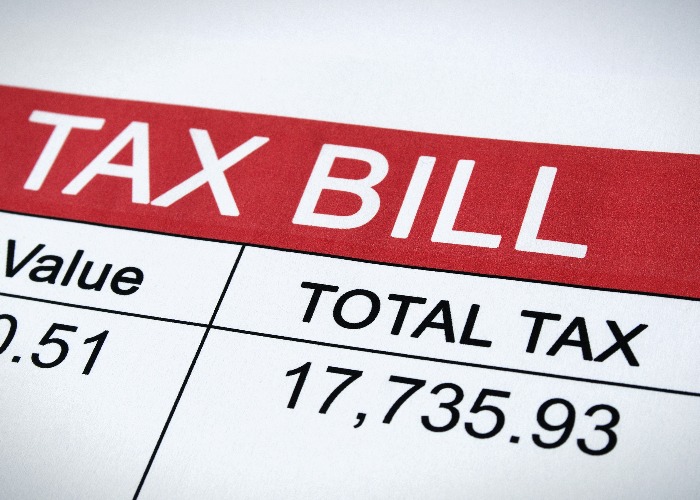HMRC changing tax codes of thousands to recover debts: your rights

Taxman making wider use of ability to alter tax code in order to retrieve owed money from our salaries.
There is no escaping the financial impacts of the pandemic.
The reality for many is that the various restrictions have led to their income falling, at best temporarily due to the furlough scheme or having to take on reduced hours, or at worst more permanently due to job losses.
Inevitably, these income falls have led to financial issues, which plenty of people unable to pay their bills.
And that extends to our taxes too, with tax debts jumping sharply in 2020.
Figures from HMRC show that overall taxpayer debts at the end of last year came to a whopping £65.5 billion. That’s quite the increase from the £19.3 billion owed the year before, with December alone seeing 1.2 million new tax debts being listed on HMRC systems.
And while the pandemic led to the taxman holding off on some of its traditional debt collection measures, like taking possession of items owed by debtors and selling them on, it has continued to make use of special powers at its disposal that allow it to take extra money directly from your pay packet.
Get help with your tax return: sign up to Simply Tax today
What’s my code?
One of the measures open to the taxman when it comes to retrieving unpaid tax is to amend our tax codes.
Those tax codes are more than just a confusing jumble of numbers and letters on our payslips ‒ they are a really useful indicator of how much we can earn each year before paying Income Tax on our earnings.
So for example, one of the most common tax codes is 1275L.
The L means that you are under 65 and eligible for the standard tax-free personal allowance, and the number correlates to that allowance, which stands at £12,750.
However, the taxman can tweak that code, essentially docking a person’s wages as it means more of their salary ends up in the HMRC coffers than in the worker’s bank account.
Thankfully there are limits in place covering just how much can be docked from our annual earnings so that even if we owe tax we can still earn enough to get by.
There is a £3,000 cap which applies to those earning up to £30,000 per year, and that cap increases by £2,000 for every additional £10,000 you earn a year.
There is a maximum cap of £17,000, which applies to those who earn £90,000 or above a year.
Get help with your tax return: sign up to Simply Tax today
Cashing in
HMRC hasn’t been shy about making use of this ability either, with an investigation by the Telegraph finding that it has forcibly changed the tax codes of a whopping 134,000 people over the last year, in a move to recover around £54m in unpaid taxes.
That’s a massive jump from the 74,000 debtors who saw their tax codes changed the year before. According to the Telegraph’s investigation, it has now seized a huge £200 million from more than half a million people using these tax code powers since 2016.
This is in stark contrast to the way it has utilised other powers at its disposal for collecting tax debts.
For example, there was a big drop in the number of individuals and businesses made redundant over tax debts, while there has also been a big drop in the number of face-to-face conversations and visits
Big Brother is watching you
The powers that HMRC is tapping into on this much larger scale have been described as Big Brother-esque, and it’s easy to see why.
While it’s obviously right that everyone pays the tax they owe, the fact that it can literally dictate how much we actually get to take home from our pay packet, on an individual-by-individual basis, will understandably leave some feeling a touch uneasy.
There is a real need for a light touch here. Ultimately, for at least some of the people in tax debt, there will be a very good reason for that and helping them to clear that debt will take a delicate approach.
According to the Telegraph’s report, more than 650,000 tax debtors are on ‘time to pay’ arrangements, allowing them to pay that debt in stages.
The taxman needs to make sure that this is highlighted as an option for all of those in tax debt.
Comments
Be the first to comment
Do you want to comment on this article? You need to be signed in for this feature